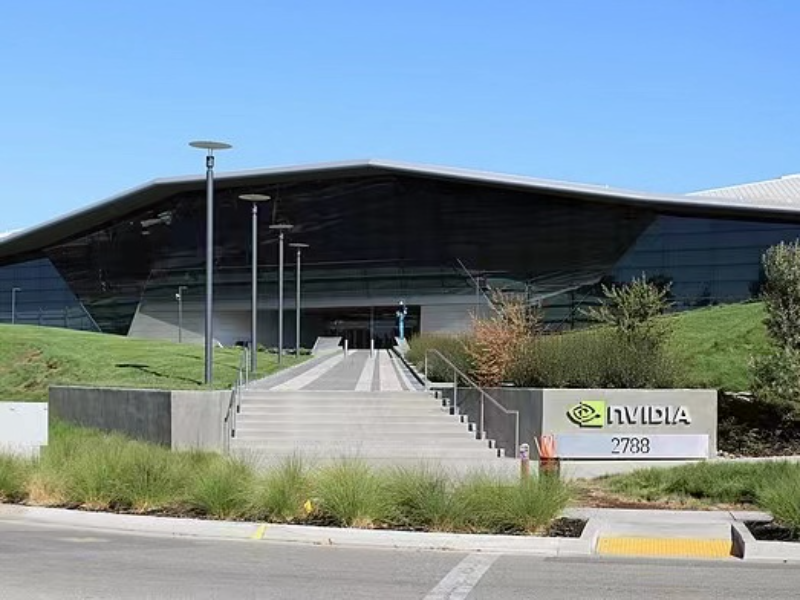- Nvidia is developing a version of its new AI chip tailored for the Chinese market, in response to tightened US export controls.
- Nvidia’s specific solution shows the challenges of balancing innovation and regulatory compliance in the global semiconductor industry.
OUR TAKE
China’s huge market is a tasty cake that cannot be relinquished at ease. There are always many unanticipated countermeasures following a released policy. Out of profits, the tech giant has devised a deliberate solution to balance the US restriction and the company’s development, but it’s a temporary fix. To achieve technological advancement as well as profit growth, the ability to collaborate across borders is paramount.
–Ashley Wang, BTW reporter.
What happened
Nvidia is developing a version of its new flagship AI chips tailored for the Chinese market to comply with current US export controls, according to sources. In March, Nvidia unveiled its “Blackwell” chip series, set for mass production later this year. The new series includes the B200, which is 30 times faster than its predecessor in tasks such as chatbot responses.
The adapted chip, tentatively named the “B20,” will be launched and distributed in collaboration with Inspur, a major Chinese distributor partner. Shipments of the B20 are planned to start in the second quarter of 2025. While Nvidia has not made an official announcement, the company’s shares rose 1.4% to $119.67 in premarket trading following the news.
Nvidia’s move comes in response to tightened U.S. controls on semiconductor exports to China, implemented in 2023 to prevent advancements in supercomputing that could aid China’s military. The Biden administration is also pressuring allies like the Netherlands and Japan to further restrict chipmaking equipment to China and considering measures to place guardrails around advanced AI models.
Also read: France probes Nvidia for anti-competitive practices
Also read: Open AI, Nvidia, Google and others form AI security alliance
Why it’s important
Nvidia’s development of the B20 chip underscores the delicate balance between innovation and regulatory compliance in the global semiconductor industry, as companies navigate complex international trade dynamics. China’s huge profits cannot be neglected, Nvidia, even as a tech giant, will not give up its market in China.
Yet, devising a China-specific version of the flagship AI chip is just a makeshift since the regulation posed by the US is still ongoing. The US even wants allies like the Netherlands and Japan to follow suit, signalling a future where tech trade is increasingly fragmented by political alliances.
This manoeuvre exposes the fragility of global tech supply chains, which could stifle innovation and drive up costs, impacting everything from AI development to consumer electronics.

